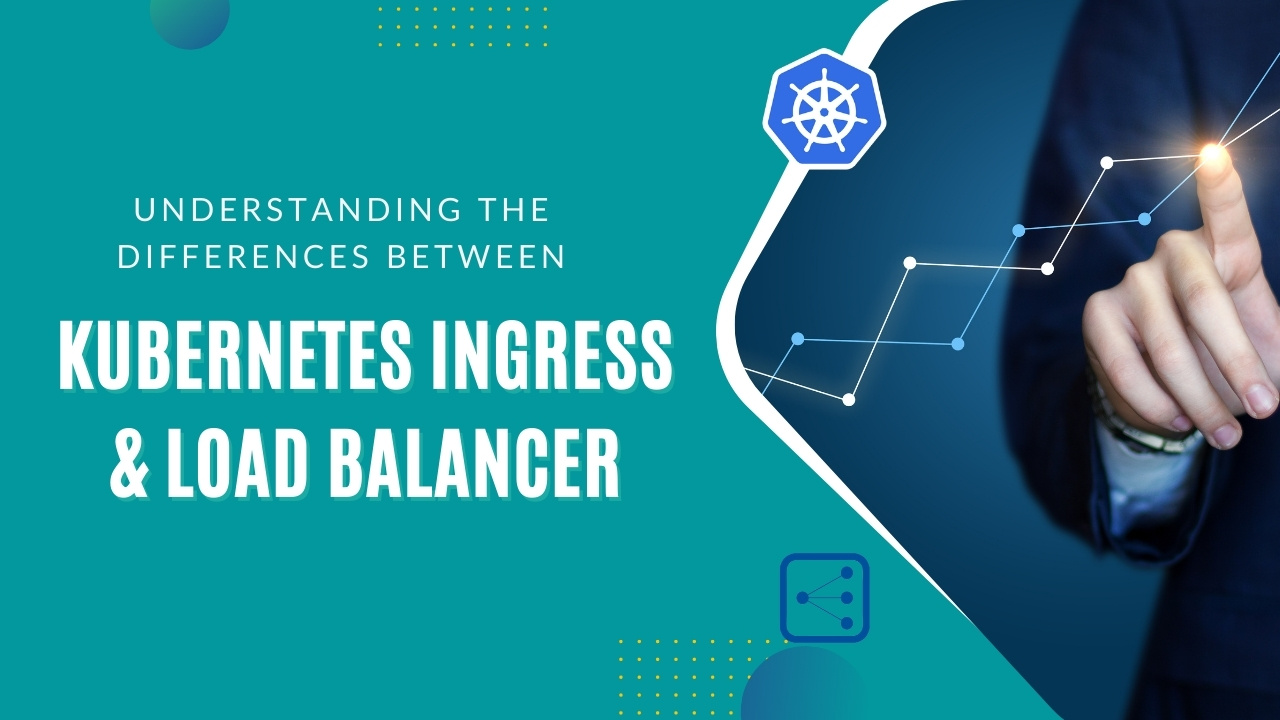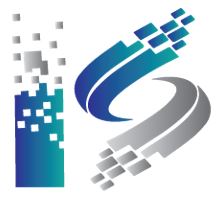In Kubernetes, service types determine how users or external traffic can access Services, which define a group of Pods and how to access them. There are three major types:
- Load Balancer
- Cluster IP
- Node Port
Kubernetes Ingress:
The Kubernetes Ingress handles external access to the services; it is not a Service, like the other options, but rather an API object. This works differently than Services because it creates an Ingress resource that routes traffic based on rules. It sets up an external load balancer that connects to the Ingress and then routes traffic to the service, following the rules. With this, admins can route multiple back-end services via one IP address.
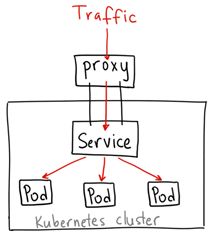
Load balancer:
A load balancer spreads out workloads evenly across servers or, in this case, Kubernetes clusters. In addition to connecting users with a Service, if a server fails, the workload is directed to a backup server, which reduces the effect on users. Load balancers sit between servers and the internet. They direct user requests to available servers. If demand is high, they can add servers; if demand is low, they can drop servers. However, each service requires its load balancer.
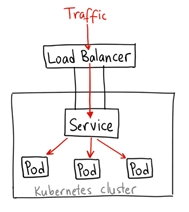
NodePort vs. ClusterIP:
Another Kubernetes networking option is to set the service type as NodePort. With NodePort, you can set up your load balancers to configure environments Kubernetes doesn’t fully support or expose the IP address of one or more nodes. This opens a way for external traffic to reach the nodes.
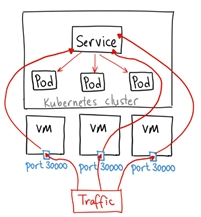
- Node Port differs from Kubernetes’ default service type,
- Cluster IP limits access to the service from only within the cluster by using a cluster-internal IP.
- Cluster IP enables pods to communicate with each other within a cluster but not from outside of it.
At ISmile Technologies we see DevOps as a no-touch Continuous Integration/Continuous Deployment (CI/CD) driven software delivery approach. It’s an approach that believes that a single integrated delivery function from requirements to production will provide higher business value to customers efficiently. Schedule a free assessment today.
CLOUD Engineer
Gopi Krishna
I’m working as Cloud DevOps Engineer. Expertise in technologies of Kubernetes, cloud services and cloud-native services, and DevOps technologies in various clouds.

